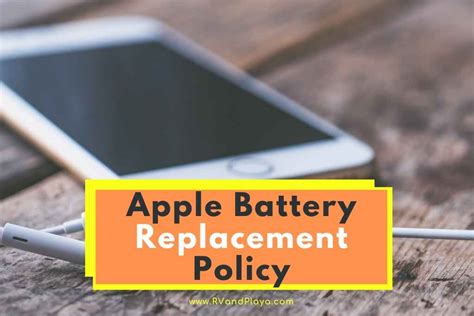Apple’s refusal to allow third-party warranty battery replacements for its Apple Silicon MacBooks has ignited a vigorous debate within the developer community. This isn’t just a case of minor inconvenience for a few users; it’s indicative of a broader dissatisfaction affecting the workflow of professionals who rely heavily on their MacBooks for daily operations.
One pressing issue raised by users is the concept of ‘voting with your feet’. The notion that consumers can simply switch brands when unhappy with a product’s service has faced considerable pushback. Changing an established workflow, especially for professionals deeply embedded in the macOS ecosystem, can disrupt productivity significantly. For instance, a commenter named cjk2 sarcastically remarked, “Yes sure anyone can punch themselves in the balls, break their entire workflow and start again if they want to. But is it worth it?” This highlights the discomfort and potential business risks of moving away from a familiar platform simply due to service dissatisfaction.
Another critical discussion point involves the service quality of other laptop manufacturers. Comparisons to Dell and Lenovo revealed mixed experiences. While some users praised the next-day service provided by these brands, others reported severe delays and parts shortages. For example, user throwup238 supported Dell’s service, recalling consistent next-day repairs dating back to 2008. Conversely, cjk2 shared a contrasting experience where similarly high-end Dell machines faced week-long delays for parts, contradicting Dell’s “next-day” service promises. This dichotomy in service experiences raises a pivotal question: is Apple’s service significantly worse, or do all major brands share similar customer support pitfalls?
The Framework laptop has emerged as a unique competitor in this conversation. Noted for its user-replaceable parts and repair-friendly design, the Framework laptop has received commendations for its practical engineering. User mglz praised its flexibility, sharing how they were able to reconfigure the charge port placement to suit their needs. This level of customization and user control starkly contrasts with Apple’s more restrictive hardware policies, leading some professionals to consider Framework as a viable alternative, despite its less sleek design. The allure of practicality and ease of repair is proving to be a significant factor for many.
Yet, switching to another brand like Framework isn’t a painless solution either. Time and effort are significant considerations. From the lack of immediate availability to hefty wait times for shipping and customization, moving away from Apple’s ecosystem demands substantial commitment. Commenter alt227 pointed out the stark reality that Apple thrives largely because people have little patience and prefer immediate solutions over long wait times.
The conversation also dives into the broader implications of these hardware policies on business operations. Many users discussed the importance of redundancy, where having a backup system—whether another high-end laptop or a cheaper mini device—could mitigate downtime during repairs. However, some developers, like the poster ‘lapcat’, argue that maintaining an entire clone of a $3000 machine for an infrequent and unpredictable failure isn’t financially sensible, especially for independent developers or small businesses. This rational insight underscores the financial strain faced by various segments of Apple’s user base.
Moreover, there’s an environmental angle often overshadowed in these discussions. The planned obsolescence criticism suggests that non-replaceable or difficult-to-replace batteries contribute to electronic waste and continuous resource mining. Alternative designs, like those by Framework, offer more sustainable options by allowing component-level repairs, which prolong device life and minimize waste. User alt227 articulated this point, questioning if prioritizing a thinner and lighter laptop is worth the environmental cost.
Ultimately, the debate reveals deep divides in user experiences and expectations from their tech devices. Apple’s tight control over hardware and service systems has its defenders and detractors, but this controversy has undeniably spotlighted broader issues of consumer rights, repairability, and sustainability. Developers and professionals relying on robust, dependable equipment deserve transparent, efficient, and fair service options. Until tech giants like Apple reconcile these expectations, dissatisfaction will likely continue to grow, as users weigh their loyalty against the practicalities and ethics of their purchasing decisions.


Leave a Reply